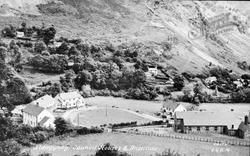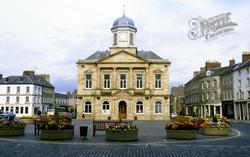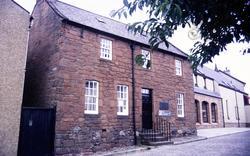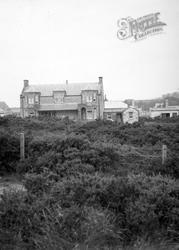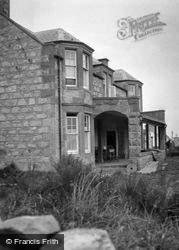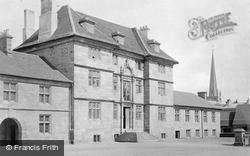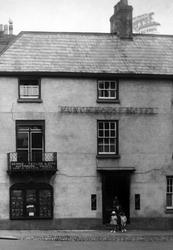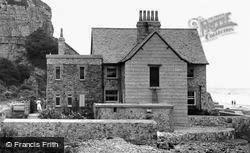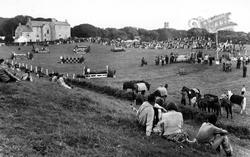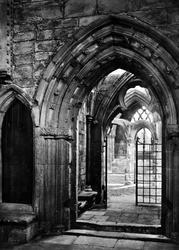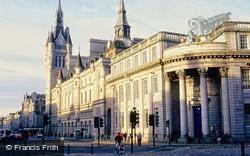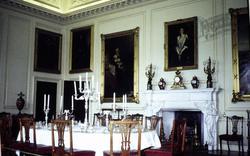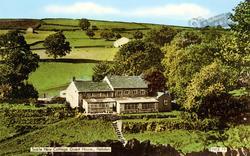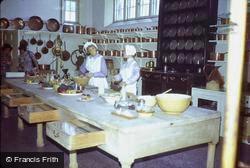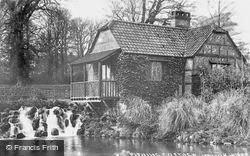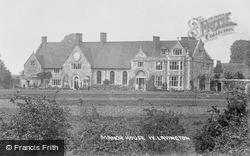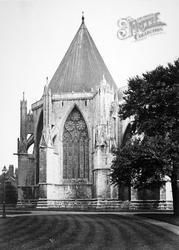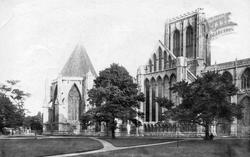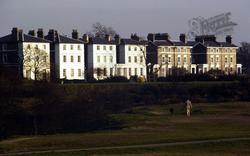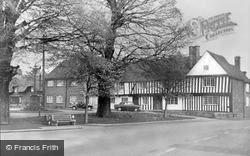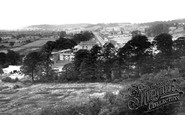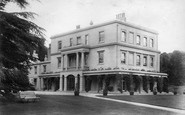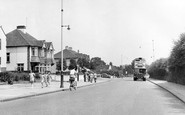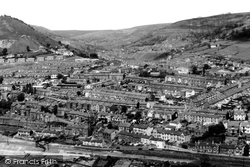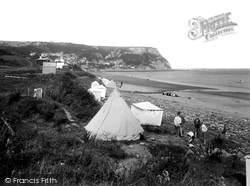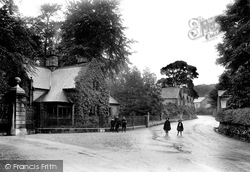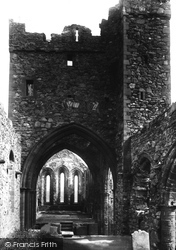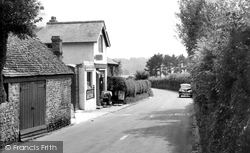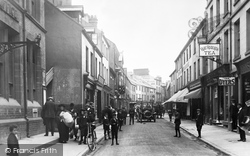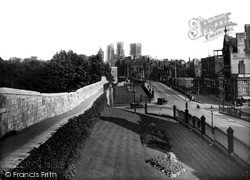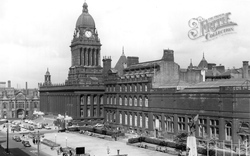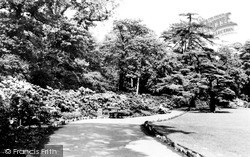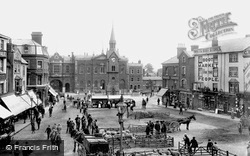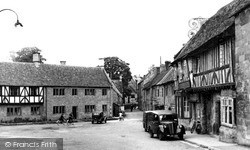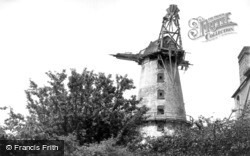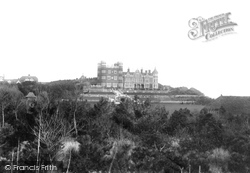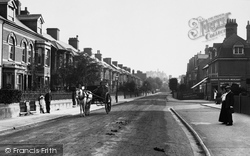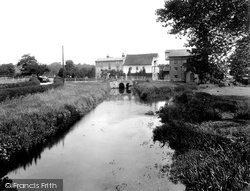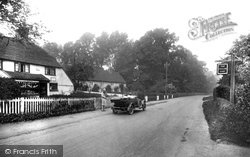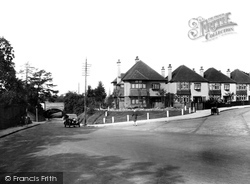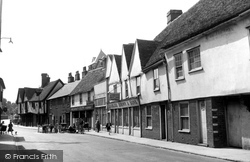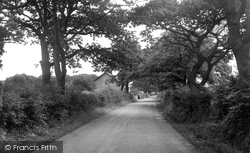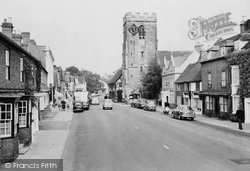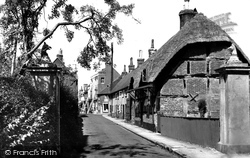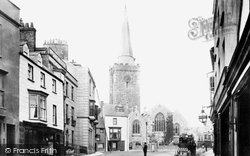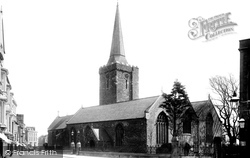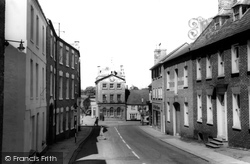Places
36 places found.
Those places high-lighted have photos. All locations may have maps, books and memories.
- Chatsworth House, Derbyshire
- Osborne House, Isle of Wight
- Brambletye House, Sussex
- Ickworth House, Suffolk
- Kingston Lacy House, Dorset
- Boscobel House, Shropshire
- Preshute House, Wiltshire
- Bolton Houses, Lancashire
- Brick Houses, Yorkshire
- Quaking Houses, Durham
- Water Houses, Yorkshire
- Bottom House, Staffordshire
- New House, Kent
- Mite Houses, Cumbria
- Lyneham House, Devon
- Church Houses, Yorkshire
- Dye House, Northumberland
- Spittal Houses, Yorkshire
- Street Houses, Yorkshire
- Tow House, Northumberland
- Halfway House, Shropshire
- Halfway Houses, Kent
- High Houses, Essex
- Flush House, Yorkshire
- White House, Suffolk
- Wood House, Lancashire
- Bank Houses, Lancashire
- Lower House, Cheshire
- Marsh Houses, Lancashire
- Chapel House, Lancashire
- Close House, Durham
- Guard House, Yorkshire
- Hundle Houses, Lincolnshire
- Hundred House, Powys
- Thorley Houses, Hertfordshire
- School House, Dorset
Photos
7,776 photos found. Showing results 4,181 to 4,200.
Maps
370 maps found.
Books
1 books found. Showing results 5,017 to 1.
Memories
10,360 memories found. Showing results 2,091 to 2,100.
My Early School Years In Mill Hill 1943 1950
I have few memories of my primary school which was in a private house in Croft Close a turning off of Marsh Lane, but I do remember being very happy there. This was during the latter war years. ...Read more
A memory of Mill Hill by
The Gardeners Arms
My name is Peter McGuire and i lived at the Gardeners Arms Pub in 1971-1972. I worked at Selo's Film factory on shift work. Reg who owned the pub back then let me arrive at odd hours which made live easier. I shared a house in ...Read more
A memory of Brentwood by
1950s In Hook Heath, Woking
In 1949/50 my parents moved to Little Morton, Hook Heath Road when I was 2 years old. The house (now advertised as having 6 bedrooms) seemed enormous and the garden was very large. In about 1960 my parents sold part of it ...Read more
A memory of Hook Heath
Farley Croft Wwii
I am 86 but still remember the time at Farley Croft during WWII. My siblings and I were evacuated to Westerham in 1939. Around 1942/46 my sisters Rose, Sylvia and I were taken from the billet we were in and put in Farley Croft ...Read more
A memory of Westerham by
Sunny Hill Georgian Manor House
When my father got a job in Bristol after the war we moved to Bristol from Leeds but there was very little housing available. After a year of living with a family ‘in digs’ as it was called then, we were allocated ...Read more
A memory of Shirehampton by
Tandridge Court
Max Michaelis lived in Tandridge Court and was well known for breeding Shire Horses. He had Brook Farm built in 1903 to actually house his stallions and breeding stock. He also held agricultural shows on his land for the local ...Read more
A memory of Tandridge by
Birdhurst House
My great grandparents lived at Birdhurst House - now demolished - and although I have family images from the garden, I have never seen a photo or painting of the house itself. Does anyone know where I might find one?
A memory of Reigate by
Hornchurch, Upminster Road C.1950
Opposite where the bus is located is a row of shops at the end of Glanville Drive. For the first part of my life from 1947 I lived at the far end of Glanville Drive. The large house in the background with the ...Read more
A memory of Hornchurch
My Childhood Home And Its Spelling
I do remember that the signpost on the main road pointing towards Bratton had it as 'Bratton Seamore". My first home was Bratton Hill Cottage, since demolished and the land developed. My Father worked ...Read more
A memory of Bratton Seymour by
Bush House Open Air School
I also attended bush house open air school not sure how many years maybe one or two think I left around 1959 - 1961. I think my teacher was Miss Williams - I remember all the teachers names you have mentioned but only ...Read more
A memory of Isleworth by
Your search returned a large number of results. Please try to refine your search further.
Captions
6,977 captions found. Showing results 5,017 to 5,040.
Note the congested, terraced housing typical of communities like this, which developed in the 19th century wherever industry took hold.
In the cliff that housed the mine there was a cave, Hob Holes: legend had it that a hob man, or goblin, lived there, who could cure whooping cough.
Standing by the gatehouse to the 'Big House'—Holker Hall—these four schoolchildren from Holker pose for the camera on a wet day.
The crypt of St German's used to house the bishop's prison, where those found guilty by the ecclesiastical court were imprisoned. The bishop's prison was last used in 1780.
The Post Office, here with advertising signs for Senior Service cigarettes fixed to the shopfront, is now a house.
In the early years of the 19th century, there were only 93 houses in the town.
On the left, where the road sweeps round the corner, is the toll house for Lendal Bridge, built in 1863; it is now used as a teashop. The tram lines are plainly visible.
However, the Labour group on the council objected, as they did also to the proposed sale of council houses.
The first house known to have been built here belonged to Thomas, Lord Darcy, who was executed for his involvement in the Yorkshire uprising against the Dissolution.
Until 1866 there was a Market House and other buildings in the foreground, which were all swept away to re-open this part of the market place.
The half-timbered house on the right dates from Tudor times. Note how the timber work on the first floor projects, or jetties, from the ground floor stonework.
It had its own granary, and on the right we can see part of the miller's house, a very substantial building, so he must have been doing well.
The house was built in 1866-1905 by Sir Cuthbert Quilter, MP and stockbroker. Here we see the construction still under way.
On the left the baker is delivering to No 46, one of the many decorative terraced houses in the road.
The early 19th-century Mill House has a two-storey central window. The bridge over the tailrace, partly built in hachestone, has rails and posts inscribed 'A Barnes Woodbridge 1901'.
Brownlow Cottage (left), surrounded by its white picket fence, housed the village store and post office, its windows graced with enamel lettering signs advertising Fry's chocolate and cocoa.
On the right are some of the new detached houses which backed onto the railway at the start of Upper Mulgrave Road.
The timber-framed building close to the bridge is known as the Old Siege House.
In this still mainly rural area, names redolent of the country abound: Pewter House Fold, Smalley Fold, Hubbersty Fold (like 'booth', 'fold' means a cowhouse or animal pen).
The church of St John the Baptist was built c1450, and so was the timber- framed Guild House just visible beyond the church in this view.
The buildings in the foreground - including the Marchioness of Exeter's Almshouses - were demolished about 40 years ago and replaced by modern houses, garages and a car park.
To the left is the Manchester Warehouse, 'complete house furnishers'. The heavily laden coach appears to serve either the Royal Gatehouse or the Lion Hotel.
The High Street is remarkably quiet, but it is captured at a time of largely horse-drawn transport.
Looking down New Street to the Moot Hall, we can see on the right a brick Georgian house where many BBC trainees lodged in the 1960s.
Places (80)
Photos (7776)
Memories (10360)
Books (1)
Maps (370)


